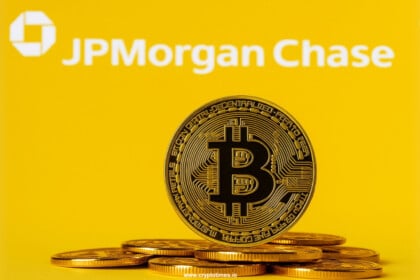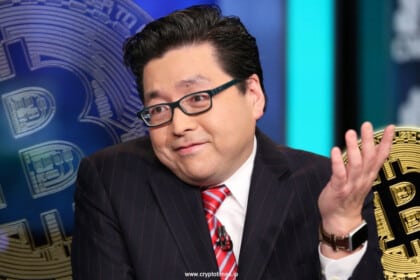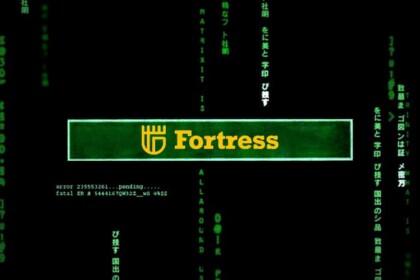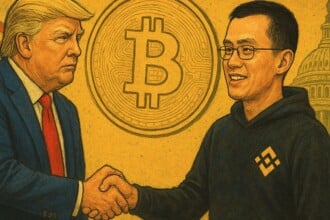World Liberty Financial (WLFI), the crypto project backed by U.S. President Donald Trump, has frozen 272 wallets in recent days, drawing scrutiny from investors and the broader crypto community. The project says the move was aimed at preventing losses from security threats rather than restricting ordinary trading activity.
In a statement on X, WLFI explained that the wallets affected represent only a small portion of total holders. The team said the blacklists were part of efforts to protect users and ensure the safety of funds amid ongoing investigations.
Breakdown of Affected Wallets
WLFI provided details of the blacklisted wallets. Out of the 272:
- 215 wallets, or about 79%, were linked to phishing attacks. WLFI said it acted quickly to stop hackers from draining funds and is working with the legitimate owners to secure and transfer assets.
- 50 wallets, or roughly 18.4%, were blacklisted at the request of owners who reported that their accounts had been compromised, with the project assisting in fund recovery.
- Five wallets, or about 1.8%, were flagged for high-risk activity and are still being reviewed.
- One wallet, around 0.4%, is suspected of taking funds from other holders, and the team is investigating it closely.
WLFI made it clear that regular trading or normal market activity was never a reason for blacklisting. The investigation focuses on on-chain activity and security risks, not user behavior or trading patterns.
Reactions from the Community
The blacklisting drew attention after reports that a wallet connected to Tron Founder Justin Sun had been affected. Sun called the freeze “unreasonable” and asked for his 595 million WLFI tokens to be released. He said his investment was both financial and strategic, aimed at supporting the WLFI ecosystem.
Sun’s reaction got a lot of attention, but WLFI made it clear that protecting users and keeping the platform secure is their top priority. This whole episode shows how hard it is for crypto projects to balance strong security with keeping investors calm, especially when politics is involved.
What Happens Next?
WLFI will keep working with the affected wallet owners to make sure they have control over their funds and that nothing is lost. They’ve also promised to update the public once the reviews for each wallet are done. Users are being told to trust only WLFI’s official channels and ignore any suspicious links or messages.
This wallet freeze shows how tough it is for crypto projects to protect people’s money, be open about what’s happening, and still keep investors trusting them, especially with all the political attention.
Also Read: Justin Sun pledges $20M on Trump tokens after his wallet was frozen











